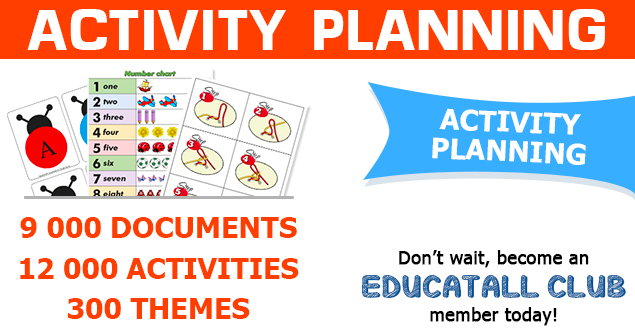Child particularly sensitive to noise
Hello,
I am an early childhood educator in a daycare that has just opened. In my group, I have a 14-month old boy who is extremely sensitive to noises such as the cries of other children and muffled sounds. He does not sleep a lot, especially inside since the smallest noises bother him. Whenever he hears a crying child or another sound he doesn't like, he starts to cry and bangs his head on the floor. He even has bruises on his forehead from banging his head on the floor and toys every time he hears a sound that he considers bothersome.
What should I do? His parents and I are not sure how to react.
Thank you
Melanie
Hello Melanie,
For a little guy who is highly sensitive to noise, daily life can be hard to manage. The fact that he is banging his head on the floor indicates distress.
Many causes can explain why noise causes such discomfort for this child. However, without a global picture of the situation, interpreting his behavior is impossible. For example, I would need to know if only certain noises and sounds bother him or if all sounds are a problem.
What's more, when he is playing and having fun, is he able to tolerate the sound of toys banging each other, musical instruments, your group singing different songs, an adult's high-pitched voice during tickling games, etc.? Is he more sensitive to noises he cannot control (noises made by other children)? Does he react the same way at home? Is he sensitive to other types of sensations (textures, light, movement, tastes, etc.).? Does he sleep well at home?
When hypersensitivities are present in one's nervous system, making sure the child benefits from sufficient sleep and identifying strategies to ensure his sleep needs are met is essential.
That being said, here are a few activity suggestions that may have a positive impact on the child's well-being within your daycare environment.
- Frequently plan activities involving motor skills. They may help reduce the child's stress level and therefore somewhat increase his tolerance to noise (he may not be disorganized as quickly).
- Massage him and offer him plenty of hugs before naptime to calm his nervous system and help him fall asleep.
- Play music during naptime (soft and rhythmic). Always play the same music to help his nervous system treat this auditory information instead of any disparate sounds that may be present.
- Use association games (pictures and sounds) to give him the opportunity to listen to many sounds while looking at the corresponding pictures. This will help him develop mental images of different sounds and identify sounds more quickly. The goal is to reduce the effects of the stress generated by sounds he is unable to identify on the spot. If you do not have an association game, several websites contain sounds and pictures you can use.
- Draw a two or three-step ladder that can be used, for example, to measure the intensity of sounds. You can simply use three different sizes of circles. Organize games to help him associate the volume of noises to the correct symbol on the ladder. For example, tap a drum gently and encourage children to point to the small circle. Repeat, tapping the drum harder and harder so that children can point to the medium circle and then the biggest circle. Repeat the activity using different methods:
- Vary the volume of your voice (whisper, speak, shout).
- Sing at different volume levels.
- Shake a container filled with rice with varying intensities.
- Clap your hands gently, louder, and very loudly.
- Tap your foot gently, louder, and very loudly.
- Play music at different intensities.
Whenever the child cries because of a loud sound, I suggest holding him tight in your arms, supporting his neck and head. Be perfectly silent, avoid trying to comfort him with words.
If this type of behavior persists beyond the integration period, I thing you should suggest that his parents mention it to their pediatrician who may refer them to an occupational therapist.
Thank you for your question.
Josiane Caron Santha
Occupational therapist

 Home
Home Theme activities
Theme activities
 Babies and toddlers
Babies and toddlers
 Arts and crafts
Arts and crafts
 Science
Science
 Creative recipes
Creative recipes
 Tips and tricks
Tips and tricks
 Special needs
Special needs
 Extra activities
Extra activities
 Educ-TV
Educ-TV
 Newsletter
Newsletter  Online store
Online store Educatall club
Educatall club


